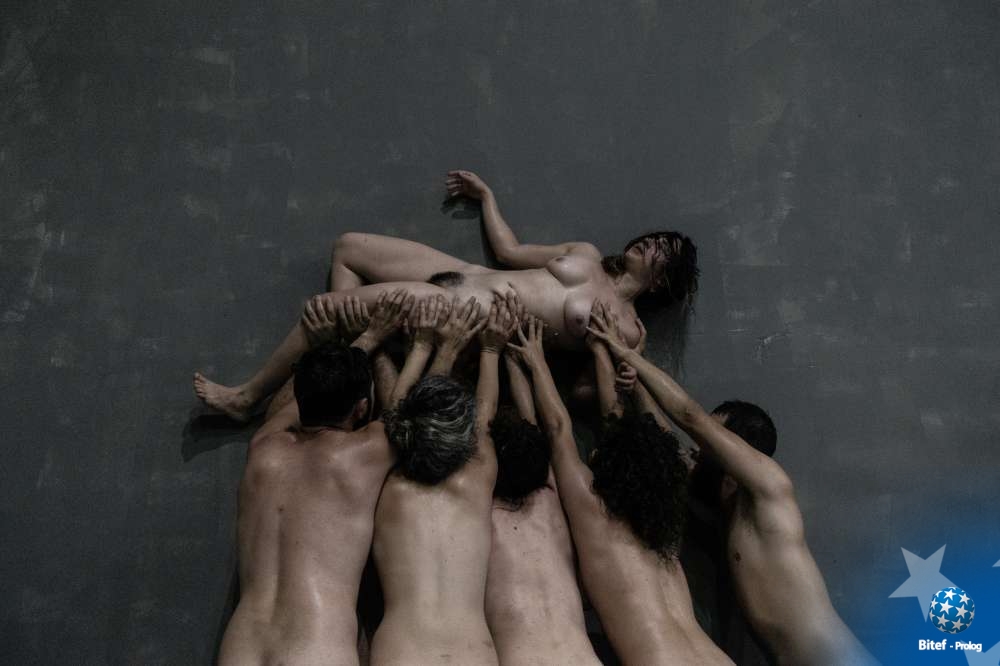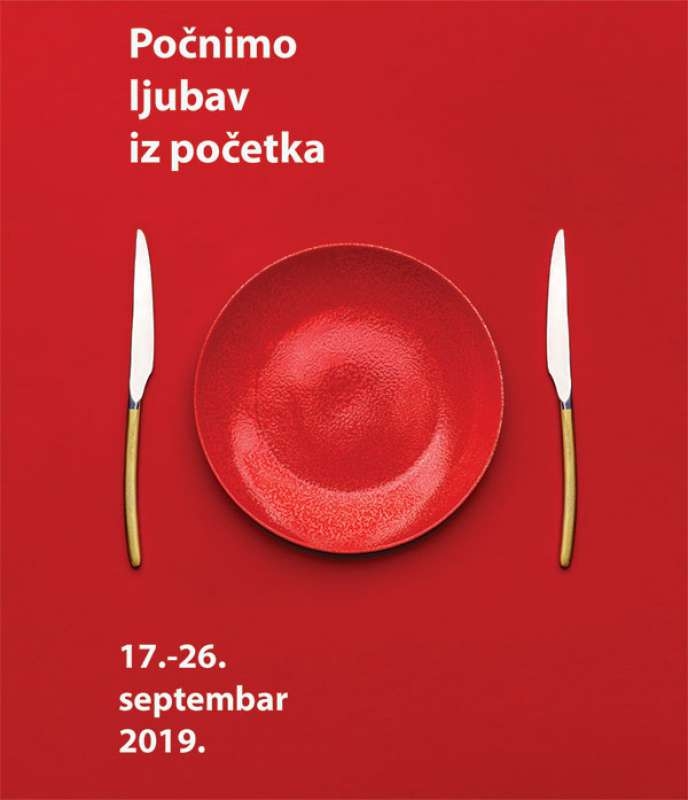Boban Jevtić, dramaturge:
This is something you expect to see at Bitef. I have found it liberating in a way, but I’ll need more time to organize my thoughts. It was a really good performance, but what I found equally interesting were the reactions by the audience, which, I think is the point of this entire Bitef. The topic fits Bitef perfectly.
Mika Eglinton, a theatre critic from Japan:
I was really curios while we were waiting for it to start. At the beginning, we wear masks and then a movement begins, and the movement was so sincere. Then I was a bit shocked when they started hurting themselves by stuffing their costumes with rubbish, and when they started taking them off, hurting each other and fighting but also encouraging each other. It was in large part very disturbing but it’s a good thing we got to know them, they are all humans.
Arnaud Genestine, a company owner, France:
This show should be seen, especially on this day when the UN Climate Change Summit takes place. It’s cool, very intense, sometimes you feel like you are in the performance and sometimes you feel out, and that “switching” could be the point of the show. There is a lot to feel, being a part of this performance, and the relationship with the audience is like a gadget that, as time goes by, becomes very strong. I also think that this performance uses the universal language of consumerism. At the beginning, you think the performers don’t even notice you and yet, you can somehow feel that they are inviting you to become the part of the show, to join them and to take responsibility.
Marija Mladenović, a student of theatre directing:
What I liked is that the performance is unpleasant to watch because the actors are rolling around in the rubbish naked, it made me uncomfortable. It’s very demanding for actors both physically and mentally. They have chosen a way to liberate their bodies and some taboos surrounding human body, and to let us know where we live so naked and filthy, with a possibility for the filth to enter our genitals.

